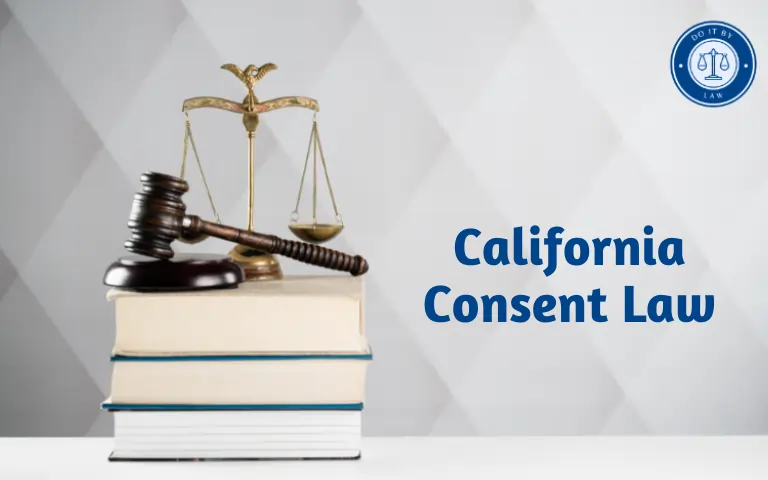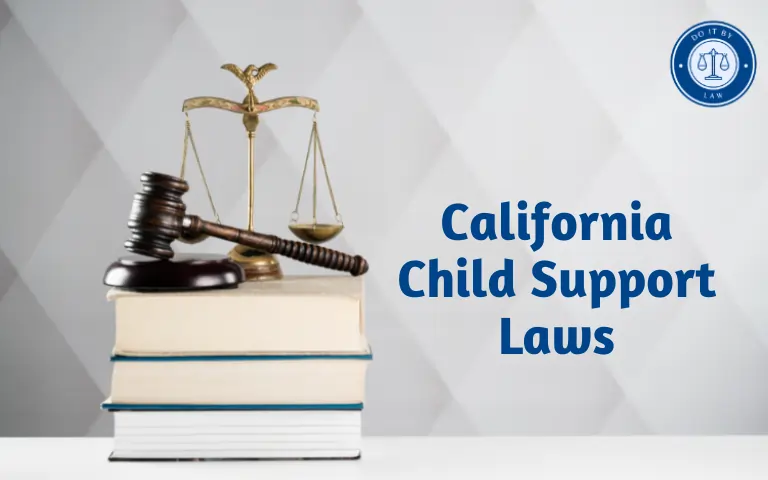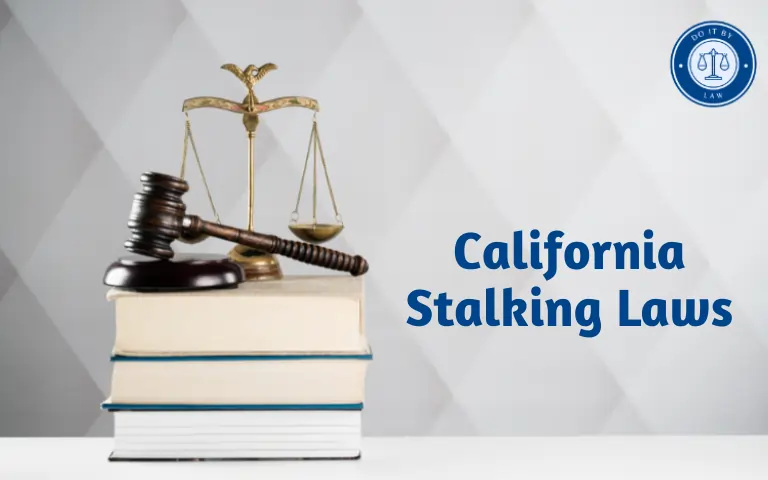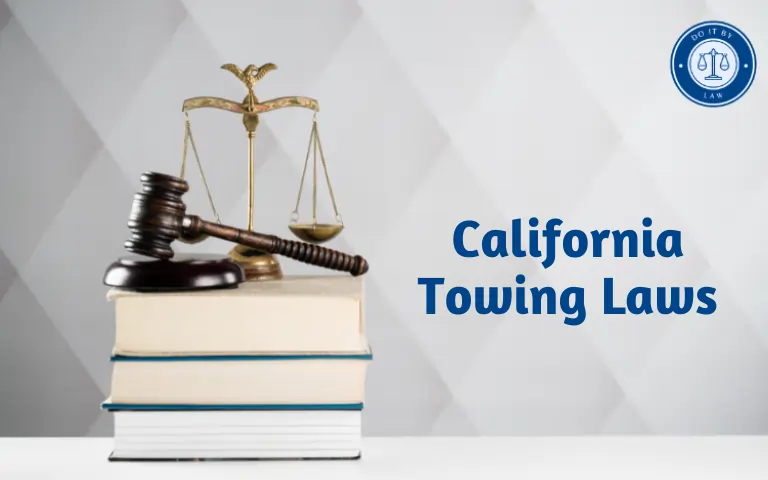California Consent Law: What You Need to Know
California has strict laws regarding consent, especially related to sexual activity and medical procedures. This guide covers the key aspects of California consent law including:
- The legal age of consent for sexual activity
- Requirements for affirmative consent on college campuses
- Consent requirements for medical treatment
- Recording and privacy consent laws
- Penalties for violating consent laws
We’ll also look at recent changes and debates over California’s consent legislation. Read on for an in-depth overview of this important issue.
Legal Age of California Consent Law
The age of consent in California is 18 years old. This means it is illegal for an adult (someone 18 or older) to engage in sexual intercourse with a minor (someone under 18), even if the sexual activity is consensual or initiated by the minor.
California State has no “Romeo and Juliet” exceptions for consensual sex between minors close in age. All sexual contact with someone under 18 is considered statutory rape. Potential penalties include:
- Misdemeanor charges punishable by up to 1 year in jail
- Felony charges punishable by 16 months to 3 years in prison
The law does provide an exception for minors who are married, but they must have parental consent and be over 18 to marry in California.
Affirmative Consent Requirement for Colleges
In 2014, California passed a “Yes Means Yes” law for college campuses that sets an affirmative consent standard for all sexual encounters. The law requires:
- Affirmative, conscious, voluntary agreement to engage in sexual activity
- Ongoing affirmative consent at each stage of a sexual encounter
- An ability to revoke consent at any time
Being intoxicated by drugs or alcohol invalidates any apparent consent under this law. Colleges are required to adopt affirmative consent policies and provide prevention training on this standard.
The goal is to remove ambiguity and ensure mutual understanding around sexual consent on campuses. Critics argue the policies go too far and fail to consider the context around complicated interpersonal situations.
Medical Consent Laws in California
For medical procedures, California has specific informed consent requirements governed by the Protection of Human Subjects in Medical Experimentation Act. Key elements include:
- Disclosing all relevant information about the procedure
- Ensuring the patient can give consent
- Obtaining written agreement on the Experimental Subject’s Bill of Rights
If a patient cannot consent, a legally authorized representative must provide permission. Requirements vary based on context, with specific laws protecting consent rights for minors seeking mental health treatment.
Recording and Privacy California Consent Law
California requires consent from all parties before recording private conversations. Violating this wiretapping law carries civil penalties and criminal charges. The state also has strict invasion of privacy laws banning the use of hidden cameras in private areas without consent.
Potential penalties for unauthorized recording or photography in private spaces depend on context but include fines up to $2,500 and jail time up to one year.
We’ll cover topics like:
- The definition of consent under California law
- The age of consent for sexual activities
- Penalties for violating California’s consent laws
- Recent changes and debates around consent laws
Let’s dive in to decode California’s consent rules once and for all!
When Was California Consent Law Enacted?
California first enacted laws dealing with consent and sexual activities in the late 1800s. The age of consent was originally set at 14 years old. Over the decades, lawmakers updated the laws to raise the age of consent and better define what constitutes illegal sexual contact.
Major changes came in the 1990s and 2000s to account for more circumstances. The most recent update happened in 2014 when California passed its affirmative consent law for college campuses.
Who Does California Consent Law Apply To?
California’s consent regulations apply to all individuals engaging in sexual activity within the state, though certain laws only govern conduct on college campuses. Violating these laws carries penalties determined by a judge under legal guidelines.
Some key groups and situations impacted by California’s consent rules include:
- Adults 21+ – Cannot engage in sexual activities with a minor under 18.
- Minors – Legally unable to provide consent before age 18.
- College Students – Must adhere to affirmative consent policies at California colleges.
- LGBTQ Relationships – Governed by the same age restrictions as heterosexual contacts.
- Positions of Power – Teachers/coaches cannot sexually engage with their students, even if students are 18+.
Key Provisions of California Consent Law
The following key provisions determine what is legal and illegal under California’s consent regulations:
Age of Consent
- The age of consent in California is 18 years old. Adults cannot legally have sex with a minor under 18.
- Penalties get higher if a minor is under 16. Sex with 14-15-year-olds can be tried as a misdemeanor or felony.
- Engaging in lewd acts with a minor under 14 is automatically a felony.
Affirmative Consent
- California colleges must adopt an affirmative consent standard in their sexual assault policies. This is defined as a conscious, voluntary, ongoing agreement to engage in sexual activities.
- Affirmative consent policies require students to obtain verbal confirmation that all parties wish to participate. Without affirmative consent, any sexual activities constitute sexual assault under college disciplinary procedures.
Positions of Power
- It is illegal for a guardian, teacher, coach, or other person in a position of power to engage sexually with a minor over 18 but still under their supervision. This constitutes sexual abuse.
Penalties for Violating California Consent Laws
Violating California’s consent laws carries severe penalties including:
- Over $1,000 in fines
- Probation
- 1 year in county jail
- 3-8 years in state prison
- Registering as a sex offender
- Restitution payments to the victim
Judges determine penalties based on the specific circumstances of each case. Sentences get harsher if a minor is severely injured or transmission of STDs is involved. Cases with defendants in positions of power also receive heavier penalties.
Recent Changes and Debates Around California Consent Laws
California’s consent laws still spark lots of debates among lawmakers and citizens. Recent updates include:
- SB 145 (2020) – This law gives judges discretion over whether adults who have vaginal sex with minors ages 14-17 should register as sex offenders. Previously this discretion only applied to cases involving oral and anal sex. Supporters argue it ends discrimination while opponents claim it decriminalizes child abuse.
- Affirmative Consent Standards – Many debate whether affirmative consent policies go too far in regulating private sexual activities. Supporters believe the “yes means yes” approach protects assault victims. Critics argue it undermines due process rights by presuming guilt in all ambiguous cases.
- Harsher Penalties – Some California lawmakers want to enact harsher punishments for statutory rape cases and sexual abuse by religious leaders. Supporters say it protects children while opponents argue long sentences constitute cruel punishment when cases involve consenting teens.
California Consent Law Conclusion and Key Takeaways
California’s consent laws play a vital role in regulating sexual activities and protecting minors from abuse. By setting clear age restrictions and penalties for violations, the laws aim to deter predators.
Key takeaways about California’s consent rules include:
- The age of consent is 18 years old. Sex with minors is illegal.
- Colleges must follow affirmative consent policies that require ongoing agreement to engage in sexual activities.
- Violating consent laws carries fines over $1,000 and possible time in prison.
- Judges determine sentences based on case specifics. Recent laws give more discretion over sex offender registration.
- Debates continue over issues like affirmative consent rules and penalties for offenders.
Understanding California’s consent regulations empowers residents to make safe choices and uphold their legal rights.






